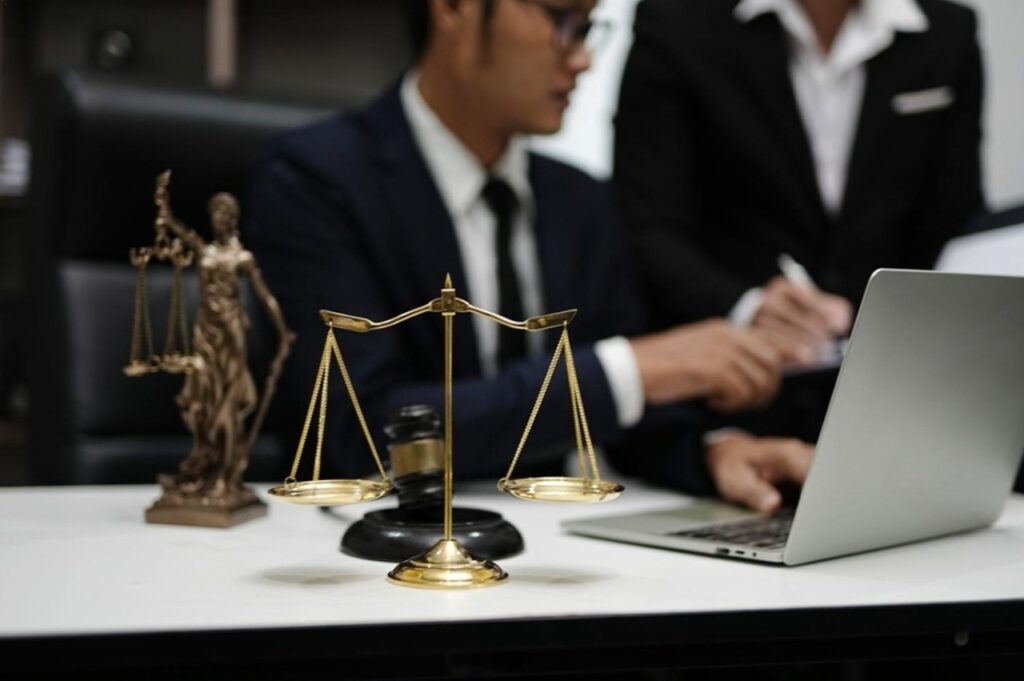In the busy commercial landscape of the UAE, businesses of all sizes are occasionally faced with delayed or unpaid debts. Although the UAE presents a solid legal foundation for debt collection, I see many businesses still undermine their position by making easily avoidable legal mistakes.
I have witnessed as a practicing lawyer in the UAE how these mistakes cost the business time, money, and reputation. To help you avoid the same legal traps, consider five common legal mistakes to avoid in SME debt recovery UAE cases.
The Risk of Not Putting Agreements in Writing
One of the most frequent and damaging administrative legal debt mistakes UAE is to rely on informal, or verbal agreements. In the UAE, there is no option to legally enforce a debt claim without clear, written documentation.
This documentation must indicate the creditor-debtor relationship (and may include signed contracts, invoices, delivery notes, correspondence, and so on).
Although informal or verbal agreements may have some level of weight, they are notoriously difficult to prove, if required, before a UAE court.
Therefore, businesses must ensure that they clearly document credit terms, payment obligations, any penalties for delays, and the process for resolving disputes.
If the written agreement is signed by both parties, it will strengthen the creditor’s legal stance.
Failing to have a formalized legal credit agreement will significantly weaken any chances of recovery of debt in Dubai and could potentially impact any future litigation.
SME Debt Recovery UAE: Never Ignore the Power of a Proper Legal Notice
Typically, creditors will issue a formal legal notice to the debtor in the UAE before commencing legal action.
This formal notice should clearly state that the creditor is demanding payment and be properly drafted, timely delivered, typically by means of an attached email or registered courier, and allow a reasonable time for payment.
It is unfortunate that many businesses fall into the habit of sending vague or more threatening notices, or worse yet, sometimes relying on multiple informal reminders.
On the other hand, most businesses, if they properly provide a legal notice, will usually simply pay without legal action.
Additionally, if needed, the legal notice potentially could provide evidence if the business goes that route, particularly in sorts of litigation, including debt recovery Dubai where attention to detail is important.
Attempting to Pressure Debtors Illegally
Frustrated creditors sometimes resort to illegal measures like public defamation, threats, or denying unrelated services or goods; actions that often come with more serious criminal or civil liabilities than the reasons for frustration.
The UAE does enforce very strict laws prohibiting all forms of defamation, blackmail, and unlawful coercion, especially in serious situations under the Cybercrime Law.
Therefore, any business conducting SME debt recovery UAE or even debt recovery UAE should keep all communications with debtors above-board, civil, and in accordance with the law. In a nutshell, to avoid a legal headache, obtain some legal advice before engaging in any action that could be construed as harassment or unlawful coercion.
SME Debt Recovery UAE: Don’t Delay Legal Action Past the Statute of Limitations
A lot of business owners are reluctant to commence formal proceedings, either because they want to preserve a commercial relationship or allow the debtor extra time to remedy payment arrears.
However, in the United Arab Emirates (UAE), the vast majority of civil claims – including debt recovery Dubai claims – are subject to a statute of limitations which is usually three years from when a debt becomes due.
If businesses fail to commence legal proceedings about the underlying claim within the time limits of the statutory period, the claim becomes time-barred, irrespective of the merits of the claim.
This type of common legal debt mistakes UAE can have serious negative implications for the business’s ability to recover debts. Consequently, businesses should, at a minimum, progress through the early stages of formal legal action within the statutory time limits to ensure they protect their rights.
Overlooking Alternative Dispute Resolution (ADR) Mechanisms
Litigation in the UAE is still efficient; however, it can be slow and expensive. Many businesses leap directly into court proceedings and do not consider alternative options first, such as negotiation, mediation, or arbitration (when the contract supports this).
When the debtor is not recalcitrant and is merely not able to pay or some financial problems are getting in the way, ADR can lead to matters being resolved much quicker and in a more amicable fashion than litigation.
And, various UAE free zones (such as the DIFC and ADGM) may have speeding mechanisms in place for dispute resolution that properly engaged businesses can use effectively to speed up conflicts.
Conclusion
Debt recovery in the UAE requires careful consideration, patience, and, above all, a strict knowledge of the laws of the UAE.
Businesses that avoid these five common errors will have a much higher chance of successfully recovering amounts owed to them while at the same time minimizing unnecessary costs and legal risk.
Therefore, it is always wise to engage qualified legal counsel early in the process. Working with Khairallah Law Firm, one of the Best Lawyers in Dubai will assist your business in protecting your financial interests and maintaining its professional integrity in a competitive marketplace like the UAE.
Having said that, contact Khairallah Advocates & Legal Consultants and benefit from our free 30-min legal consultation.
*Disclaimer: our blogs, law updates, and FAQ’s are freely distributed for educational purposes and to showcase recent updates and regulations in the UAE’s framework.
If you have any questions and need assistance, contact us at our number or book an appointment online.





